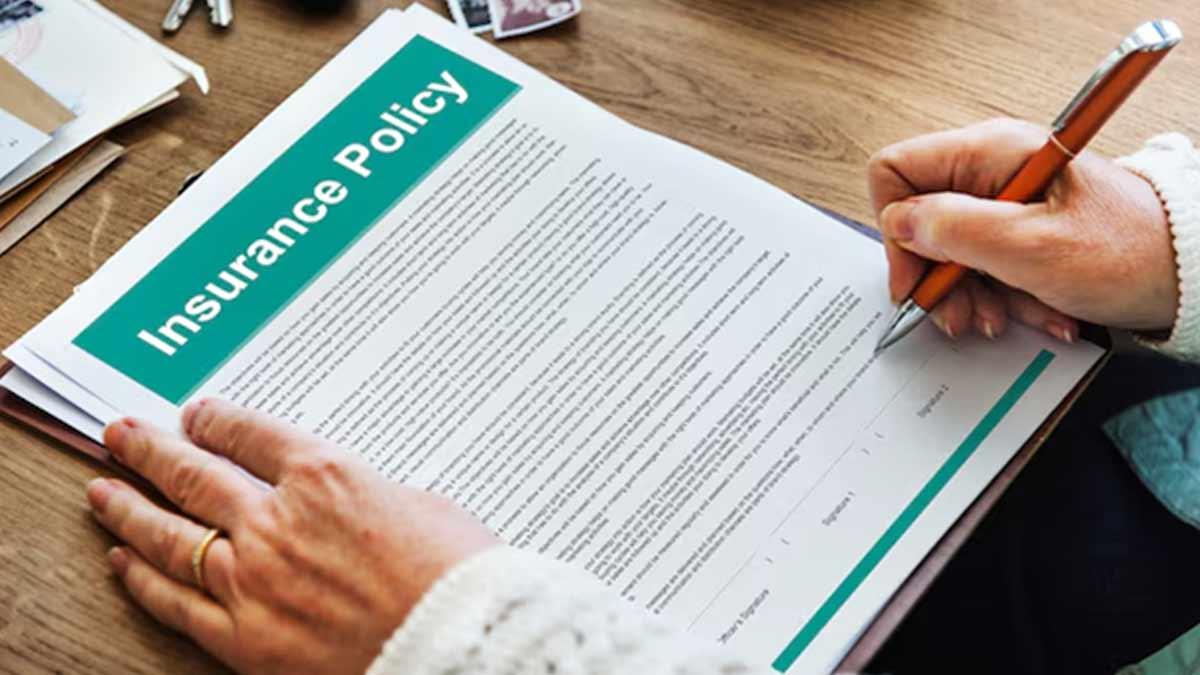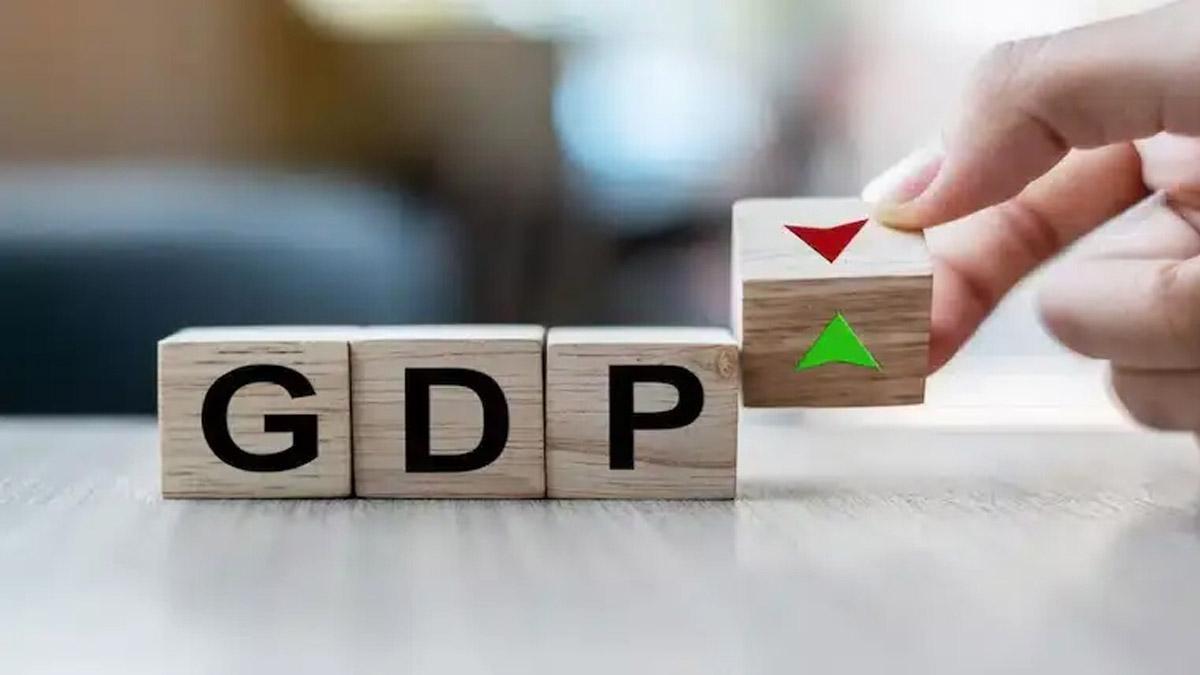Running a small business can be challenging, with accidents and legal issues that can happen at any time. Even with good planning, unexpected problems can lead to big money losses. Insurance is important because it helps protect businesses from these risks.
In 2024, small business owners should make sure they have the right insurance coverage. Workmen compensation policy, general liability coverage and commercial vehicle insurance plans are crucial for protecting different kinds of businesses from events that could disrupt operations and threaten financial stability.
Let’s have a look at the vital insurance policies that small businesses must have.
Key Insurance Policies for Small Businesses in 2024
In today's unpredictable business landscape, having the right insurance coverage is crucial for small businesses. Here are a few of the most useful policies you can consider.
1. General Liability Insurance
This policy protects your business from claims related to bodily injury, property damage, or personal injury caused to third parties during business operations. By having this coverage, businesses can shield themselves from costly lawsuits and claims that could significantly impact their finances.
Tips:
- Carefully evaluate the coverage limits based on your specific business activities and the risks they may pose.
- Even home-based businesses should opt for this coverage, as liability exposure can exist regardless of the business location.
2. Commercial Property Insurance
Commercial property insurance is essential for protecting a business’ physical assets, including buildings, equipment, and inventory. This insurance helps businesses recover quickly after incidents like fire, theft, or natural disasters.
Tips: You must keep an updated inventory of assets. Review coverage regularly as your business grows.
3. Commercial Vehicle Insurance
This insurance policy provides coverage for vehicles owned or used by your business for work-related purposes. This insurance ensures that all vehicles and drivers involved in business operations are adequately protected.
Commercial vehicle insurance is essential for businesses that rely on transportation for their operations, as personal auto insurance policies typically do not cover incidents occurring while using a vehicle for business purposes. This coverage protects your business from liability and damages resulting from accidents involving business vehicles, ensuring that you are financially safeguarded.
Tips: Consider hired and non-owned auto insurance if employees use personal vehicles for work-related tasks to ensure comprehensive coverage.
4. Business Interruption Insurance
This policy ensures financial stability for businesses that face unexpected operational halts due to covered events like fire or natural disasters. This policy helps cover essential costs such as rent, utilities, and employee wages during periods when the business cannot operate.
By reducing the impact of long-term closures, this insurance allows businesses to maintain their financial health and continue supporting their workforce, ultimately safeguarding their future.
Tips: You can combine it with commercial property insurance for full protection and choose coverage limits based on potential downtime in your industry.
5. Cyber Liability Insurance
This insurance protects your business from the financial impact of data breaches and cyberattacks. It covers expenses like notifying affected customers, credit monitoring, and legal fees, helping you manage the aftermath of a cybersecurity incident.
As businesses increasingly rely on digital tools, cyber liability insurance safeguards organisations from the financial repercussions of cybersecurity incidents, which can damage their reputation and lead to costly recovery efforts.
Tips: Strengthen your cybersecurity to reduce risks and work alongside your insurance for better protection.
6. Workers Compensation Insurance
Workers compensation insurance, also referred to as workmen compensation insurance, provides financial benefits to employees who experience work-related injuries or illnesses. It covers medical expenses and lost wages, helping employees recover while ensuring employers meet legal obligations based on state laws and the number of employees.
Tips:
- Small business owners can conveniently explore workmen compensation policy online to find suitable coverage options that meet their needs.
- Foster a culture of workplace safety to minimise accidents and claims. Stay updated on state laws to ensure compliance with workers compensation requirements.
7. Professional Liability Insurance
Professional liability insurance, also known as errors and omissions (E&O) insurance, protects businesses against claims resulting from professional mistakes or negligence. It’s important to customise the policy to cover the unique risks associated with your specific profession.
This insurance is crucial for service-based businesses where mistakes can lead to client losses. This coverage provides financial protection against lawsuits related to your professional services, ensuring that legal fees and settlements do not jeopardise your business.
Tips: Use clear contracts and maintain thorough documentation to strengthen your defence in case of a claim.
8. Product Liability Insurance
It protects businesses from claims arising from the manufacture or sale of products that cause injury or harm. It shields your business from financial losses due to lawsuits related to defective or harmful products, providing peace of mind as you bring your products to market.
Tips:
- It’s important to assess potential risks based on the specific nature of your products to ensure adequate coverage.
- Implement strict quality control measures to minimise product-related risks and reduce the likelihood of claims.
9. Employment Practices Liability Insurance
Employment practices liability insurance covers claims made by employees alleging issues such as discrimination, wrongful termination, or harassment. This coverage is essential for maintaining a positive work environment by addressing potential legal issues that could arise at the workplace.
Tips:
- Staying informed about employment laws is crucial to ensure compliance and proper coverage.
- Establish clear HR policies and provide regular employee training to minimise incidents and reduce the risk of claims.
10. Key Person Insurance
This insurance provides financial protection for businesses against the loss of an individual who is vital to the company's success. Additionally, having this insurance supports the business in retaining clients and employees, ensuring continuity and trust even amidst uncertainty.
Tips:
- It’s important to identify key personnel whose absence would significantly disrupt operations.
- Use the benefits to hire temporary help or cover the costs of finding a suitable replacement, ensuring continuity of operations.
Conclusion
Securing the right insurance policies is crucial for safeguarding a small business from various risks. Essential coverage plans, such as workmen compensation policy, commercial vehicle insurance and general liability insurance, provide a protective layer against potential financial losses.
Business owners should assess their unique risks and consult with insurance professionals to ensure comprehensive coverage tailored to their specific needs.
Also, regularly review and update your insurance policies to align with business growth and changing risks. Remember, one size does not fit all. So, tailor your insurance packages to meet your business's specific needs.


















